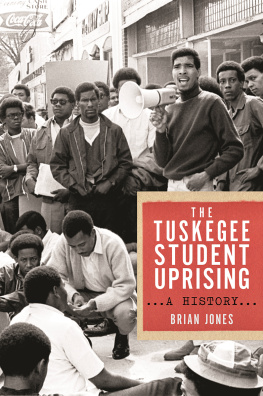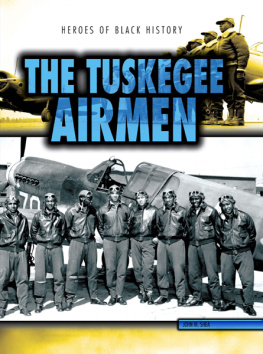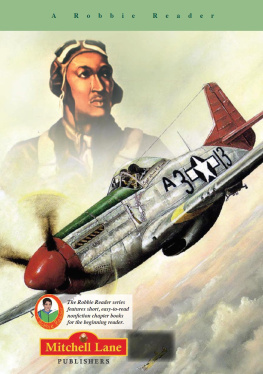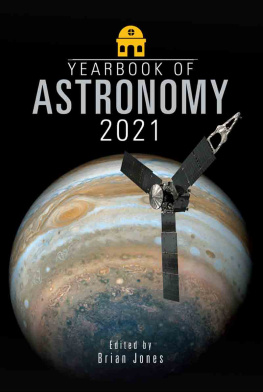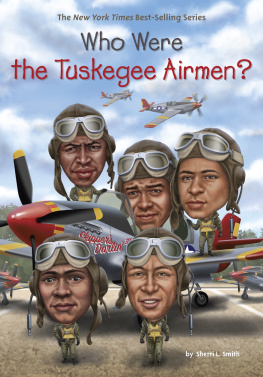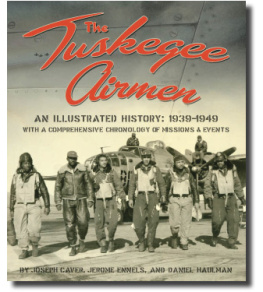Brian Jones - The Tuskegee Student Uprising
Here you can read online Brian Jones - The Tuskegee Student Uprising full text of the book (entire story) in english for free. Download pdf and epub, get meaning, cover and reviews about this ebook. publisher: NYU Press, genre: Politics. Description of the work, (preface) as well as reviews are available. Best literature library LitArk.com created for fans of good reading and offers a wide selection of genres:
Romance novel
Science fiction
Adventure
Detective
Science
History
Home and family
Prose
Art
Politics
Computer
Non-fiction
Religion
Business
Children
Humor
Choose a favorite category and find really read worthwhile books. Enjoy immersion in the world of imagination, feel the emotions of the characters or learn something new for yourself, make an fascinating discovery.
- Book:The Tuskegee Student Uprising
- Author:
- Publisher:NYU Press
- Genre:
- Rating:3 / 5
- Favourites:Add to favourites
- Your mark:
- 60
- 1
- 2
- 3
- 4
- 5
The Tuskegee Student Uprising: summary, description and annotation
We offer to read an annotation, description, summary or preface (depends on what the author of the book "The Tuskegee Student Uprising" wrote himself). If you haven't found the necessary information about the book — write in the comments, we will try to find it.
The Tuskegee Student Uprising — read online for free the complete book (whole text) full work
Below is the text of the book, divided by pages. System saving the place of the last page read, allows you to conveniently read the book "The Tuskegee Student Uprising" online for free, without having to search again every time where you left off. Put a bookmark, and you can go to the page where you finished reading at any time.
Font size:
Interval:
Bookmark:
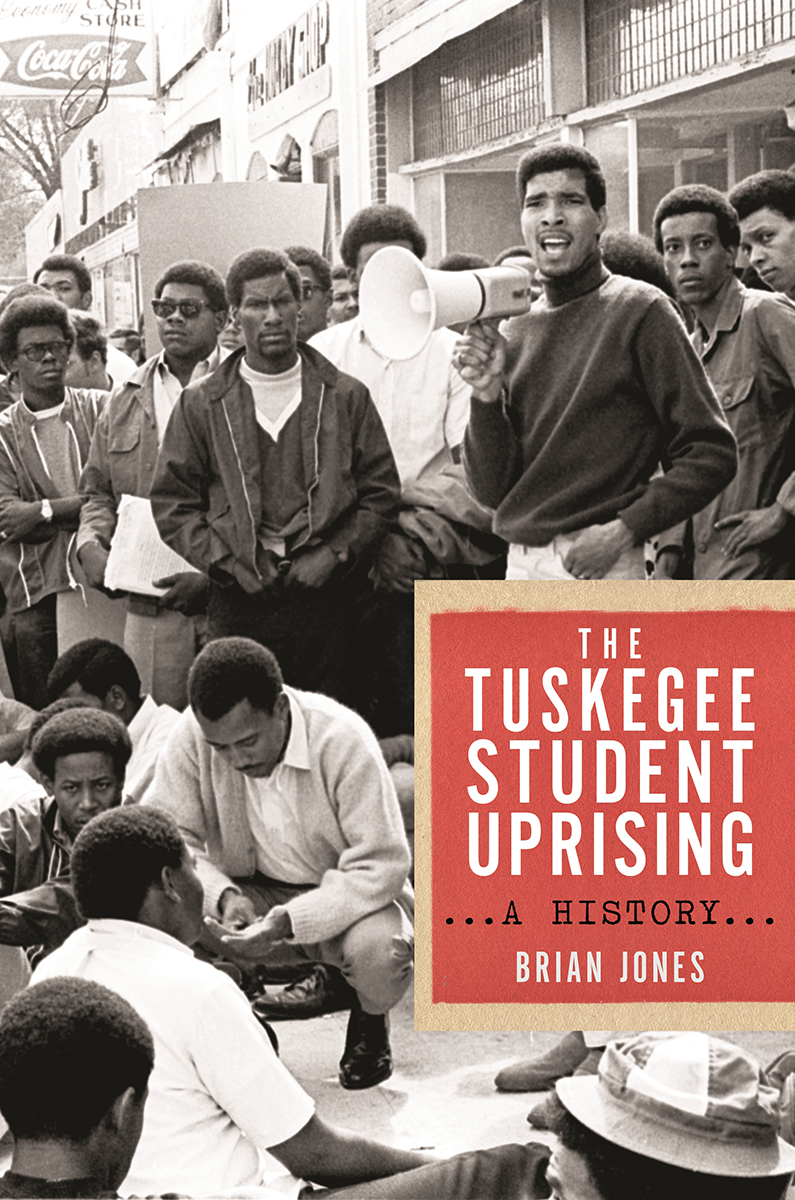
Black Power series
General Editors: Ibram X. Kendi and Ashley D. Farmer
Fight the Power: African Americans and the Long History of Police Brutality in New York City
Clarence Taylor
Pasifika Black: Oceania, Anti-Colonialism, and the African World
Quito Swan
The Tuskegee Student Uprising: A History
Brian Jones
Brian Jones

NEW YORK UNIVERSITY PRESS
New York
NEW YORK UNIVERSITY PRESS
New York
www.nyupress.org
2022 by New York University
All rights reserved
References to Internet websites (URLs) were accurate at the time of writing. Neither the author nor New York University Press is responsible for URLs that may have expired or changed since the manuscript was prepared.
Please contact the Library of Congress for Cataloging-in-Publication data.
ISBN : 9781479809424 (hardback)
ISBN : 9781479809431 (library ebook)
ISBN : 9781479809486 (consumer ebook)
New York University Press books are printed on acid-free paper, and their binding materials are chosen for strength and durability. We strive to use environmentally responsible suppliers and materials to the greatest extent possible in publishing our books.
Manufactured in the United States of America
10 9 8 7 6 5 4 3 2 1
Also available as an ebook
For scholar-activists, past, present, and future
3.1. Sammy Younge Jr. in his Navy uniform.
3.2. Media coverage of Stokely Carmichaels address at Tuskegee Institute, 1966.
3.3. Lucius Amerson in 1966, shortly after he was sworn in.
4.1. Full-page IBM recruitment ad in the Campus Digest, 1968.
4.2. Outside the occupation of Dorothy Hall, 1968.
4.3. Inside the occupation of Dorothy Hall, 1968.
5.1. Gwen Patton in her home office, 2015.
On April 6, 1968, Tuskegee Institutes past, present, and future collided as twelve members of its board of trustees, thirteen Tuskegee staff members, and approximately twenty Tuskegee students assembled in a room of Dorothy Hall. The building traditionally housed prominent visitors to the campus and had become the location of the trustees annual campus meeting. On the table before the dignitaries lay an eighteen-page typed document titled General Philosophy: A Black University Concept. The first page declared, The Black University Concept as applied to the Tuskegee Institute Situation includes, among other things, a re-direction of the goals for the Institute as a whole and the instillment of a Black Community concept within the Black students for generations to come. Tuskegee student activists presented these goals as a mandate from the student body. That argument was supported by the presence of nearly three hundred students gathered outside the building, who were effectively holding the trustees hostage.
At the same moment, not far away, an equal number of Alabama National Guardsmen assembled, preparing to invade Tuskegee Institute. Governor Lurleen Wallace gave them orders, just days after the assassination of Dr. Martin Luther King Jr. in Memphis, Tennessee, to free the prestigious trustees. The troops gathered outside the campus gates in the early hours of April 7, with bayonets attached to their rifles. Tuskegees dean of students approached, hoping to convince the guardsmen to turn around and avoid a bloodbath. One soldier heard his concerns, but told him that they would enter the campus anyway. Well, you know, the guardsman explained, you all at Tuskegee have been too uppity for a long time.
In this standoff between students, administrators, and soldiers, Tuskegee Institute joined the geography of global revolt in that incendiary year, 1968. The 1968 uprising connected Tuskegee to the worldwide movements for social change, yet it played out in ways that were related to the unique history of the Institute. In the eyes of the state, this historically black college had been uppity for a long time and needed to be put back into its proper place. Yet, in the eyes of its students, the school hadnt been uppity enough. The 1968 student revolt at Tuskegee Institute was the highest expression of a long-standing tension on campus between the individual and collective ambitions of students and the cautious educational-political paradigms of its leaders, beginning with the founder, the nations most famous black educator, Booker T. Washington. Although today Tuskegee University (as it has been known since 1984) is most commonly associated in public consciousness with a pathbreaking World War II pilot training program, with a fateful syphilis experiment, and, above all, with Washington himself, the 1960s Tuskegee student movement is worth our attention because it illuminates the southern roots of the broader Black Power movement, and because it provides a new vantage point from which to understand the history and meaning of Tuskegee Institute itself.
The students who took radical action at Tuskegee in 1968 were aware of the revolutionary struggles breaking out around the world, but knew less about student strikes that had rocked their own campus in the first decades of its founding in the late nineteenth century. Separated by nearly a century, these different eras of student protest were actually expressions of the same contradiction: between black peoples aspirations for education as a lever of liberation and elite white peoples desire to organize black peoples education in such a way as to preserve a deeply entrenched racial hierarchy. This is not surprising given the timing of Tuskegee Institutes founding. After the defeat of Radical Reconstruction, when the prospects for black people to access formal education were bleak, Booker T. Washington, then only twenty-five years old, garnered support from wealthy and powerful white people in the South and in the North to create a Normal School for Colored Teachers in the town of Tuskegee, Alabama; the school opened its doors in 1881. The curriculum emphasized the morality and dignity of manual labor and de-emphasized civil and democratic aspirations. Through the decades, however, the school Washington founded grew in wealth and stature, and the modest teacher training institute became a university.
This book, The Tuskegee Student Uprising: A History, seeks to understand how and why the conflict between students, administrators, and, ultimately, the state of Alabama developed into such an extreme physical confrontation in April 1968. Based on archival documents and interviews with former Tuskegee students, professors, and administrators, The Tuskegee Student Uprising analyzes the meaning of this movement in relation to both the broader political landscape of the 1960s and the history of the institution itself, particularly the political and educational legacy of the schools founder. Despite his careful public presentation in countless public speeches and his influential memoir, Up from Slavery, Washington also faced the charge of uppity-ness. While some 1960s student activists imagined Washington as a forefather of their struggle, others saw their rapidly escalating movement and the ideas it produced as departures from his political-educational paradigm.
Like many other social movements, the Tuskegee student uprising was spurred by a tragedy. Following the murder of one of their classmates by a white man off campus in the first days of 1966, Tuskegee student activists began fighting for change under the banner of Black Power. The old compromises with the white power structure were no longer tenable. Tuskegee students insisted on the full exercise of democratic rights in their city and county. In the pages of the student newspaper, the
Next pageFont size:
Interval:
Bookmark:
Similar books «The Tuskegee Student Uprising»
Look at similar books to The Tuskegee Student Uprising. We have selected literature similar in name and meaning in the hope of providing readers with more options to find new, interesting, not yet read works.
Discussion, reviews of the book The Tuskegee Student Uprising and just readers' own opinions. Leave your comments, write what you think about the work, its meaning or the main characters. Specify what exactly you liked and what you didn't like, and why you think so.

